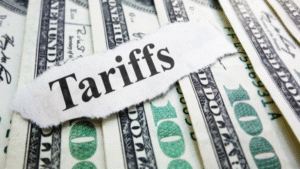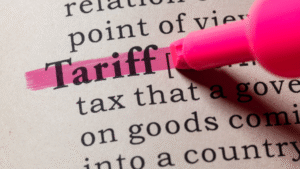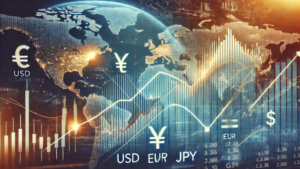How Tariff Policies Impact Forex Markets: A Trader’s Guide
In the world of forex trading, tariffs aren’t just headlines—they’re catalysts for major market movements. Tariff policies, especially those enacted by economic giants like the United States and China, can send powerful shockwaves through currency markets, driving volatility, investor sentiment, and central bank responses. For forex traders, understanding how tariffs influence currency values isn’t just … Read more









